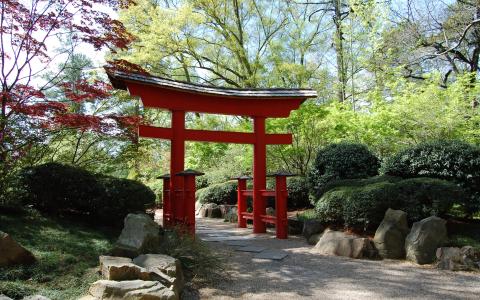
Warren Buffett's strategic move into Japan during the pandemic proved to be a golden opportunity, offering significant returns with minimal risk, as per Charlie Munger's assessment.
Buffett's Berkshire Hathaway revealed a $6 billion investment spread across five esteemed Japanese trading corporations in 2020. This decision was notable since Buffett and his ensemble typically lean towards American enterprises such as Apple and Coca-Cola. Munger, Berkshire's esteemed vice-chairman, indicated that this venture was simply too lucrative to overlook.
Such insightful opportunities arise only a handful of times over a century, Munger shared during a recent interview with the Acquired podcast. He explained, "Japan's interest rates lingered at a mere 0.5% annually for a decade.
These trading entities were deeply rooted, established businesses with valuable assets like cost-effective copper mines and rubber estates. This allowed for a decade's worth of borrowing, facilitating stock purchases which yielded a steady 5% in dividends.
This process ensured a substantial cash influx without any sizable investment or extensive strategy." To break it down, Berkshire efficiently procured the requisite funds for its investments, subsequently investing these funds in stocks that consistently delivered around 5% dividends annually.
This approach appears even more astute considering the US interest rates' hike to over 5% recently, in light of the Federal Reserve's efforts to control surging inflation. Munger emphasized Berkshire's unique position in this venture, stating, "Our impeccable credit rating positioned us as the sole contender capable of securing funds under such favorable conditions."
He also highlighted the incremental nature of this investment strategy, noting that Berkshire increased its holdings in these companies gradually from about 5% in 2020 to approximately 7.4% by the following spring. Munger elaborated, "It demanded immense patience, consistently investing in small increments.
While the accumulation of the $10 billion took considerable time, the returns felt as if fortune was being generously bestowed upon us. It was, without a doubt, an effortless financial gain."



